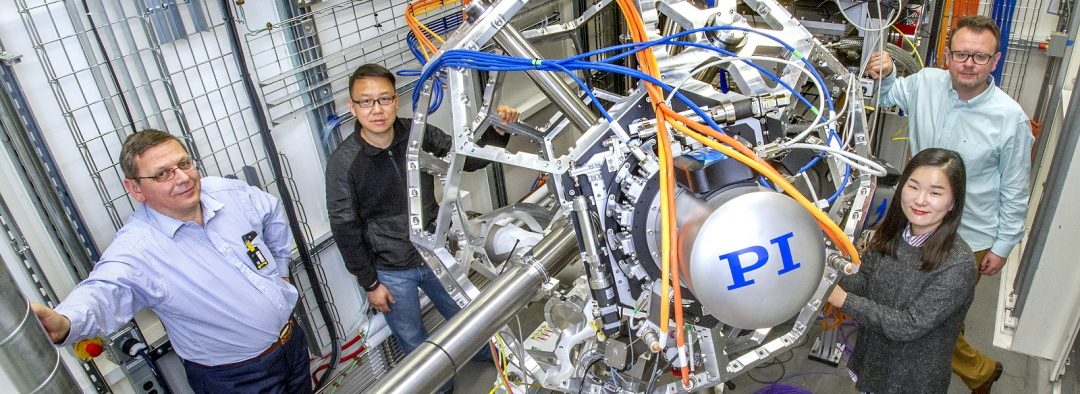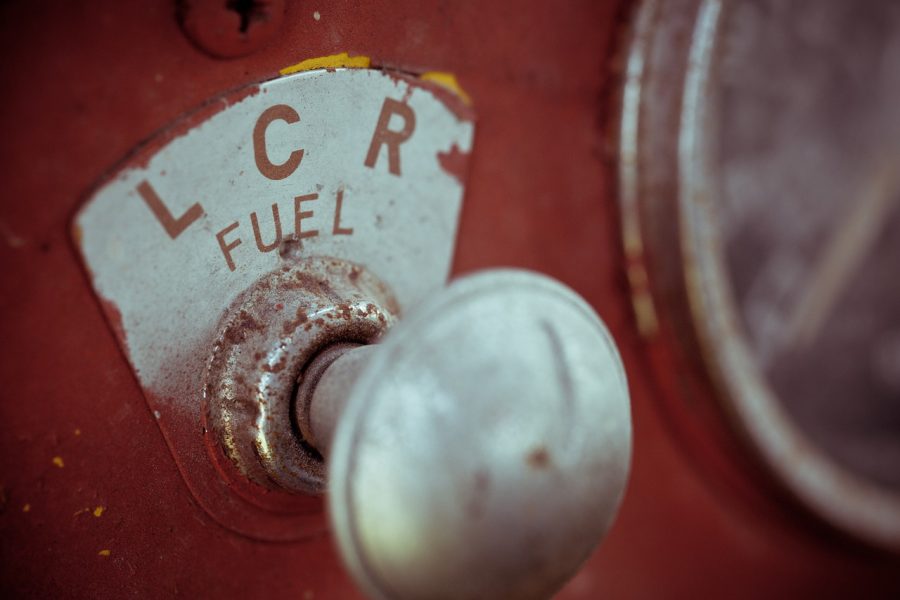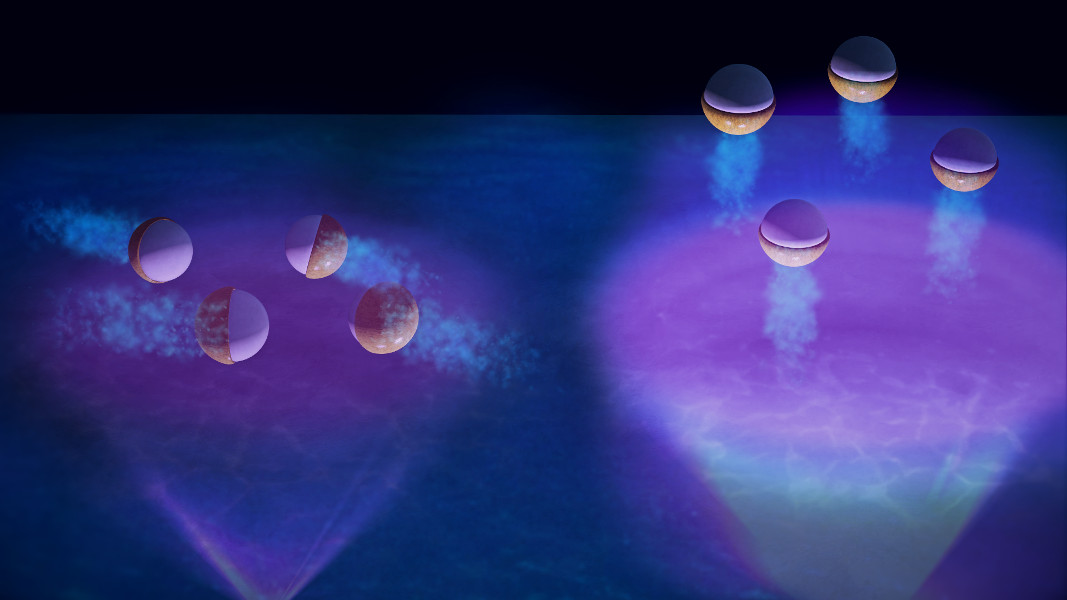A near perfect energy conversion efficiency can be achieved in a solar vapor generation process.


A near perfect energy conversion efficiency can be achieved in a solar vapor generation process.
How can we avoid ethical blind spots in our efforts to help displaced communities rebuild their lives?

Information about, and analysis of, how hydrological systems might respond to climate change is important for supporting best practice water planning decisions.

Guest-edited by Yunhui Huang, the special issue “110th Anniversary of Tongji University” in Advanced Materials celebrates the long tradition of Tongji University and some of its top materials scientists.

Scientists show that single nickel atoms are an efficient, cost-effective catalyst for converting carbon dioxide into useful chemicals.

A team of Korean researchers established an energy efficient dry reforming process using a rotating arc plasma to produce synthesis gas.

Artificial photochemically-active microswimmers, with 2D or 3D swimming behavior, can also swim against gravity.

An epidemic of mange-related deaths in Bobcats severe enough to cause a genetic bottleneck is traced to anticoagulant agents in rodent poison.

An international team have used waste cooking oil from a university cafe to make a cheap, effective material for absorbing oil from seawater.
![Waterborne Polyurethanes for Eco-Friendly Hair Styling [Video]](https://www.advancedsciencenews.com/wp-content/uploads/2018/04/adma201706237_ASN_image.jpg)
Researchers from Living Proof, Inc., in coordination with Robert Langer of the Massachusetts Institute of Technology, describe the synthesis of over 300 waterborne polyurethanes and demonstrate their effectiveness for environmentally friendly, long-lasting, durable hair styling.